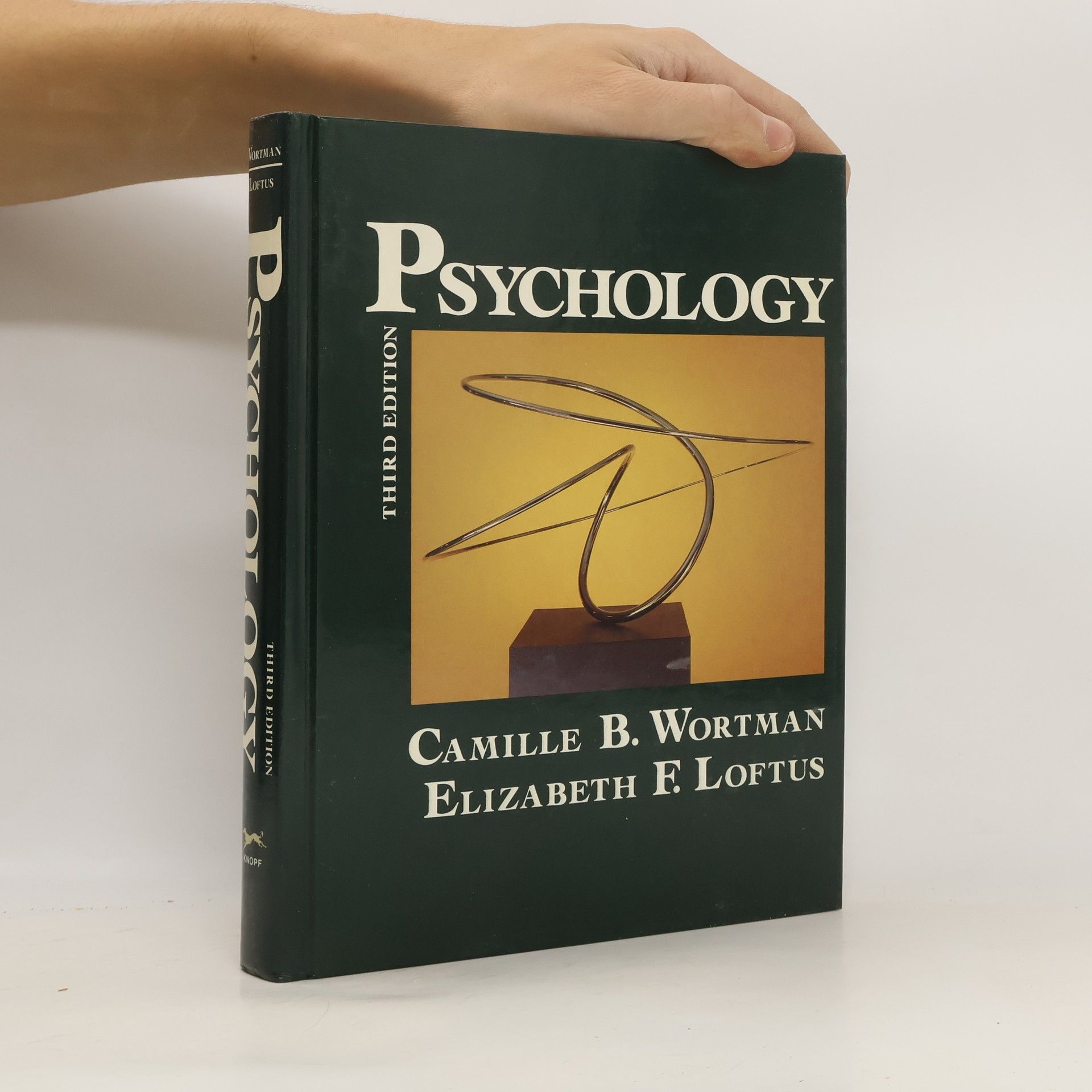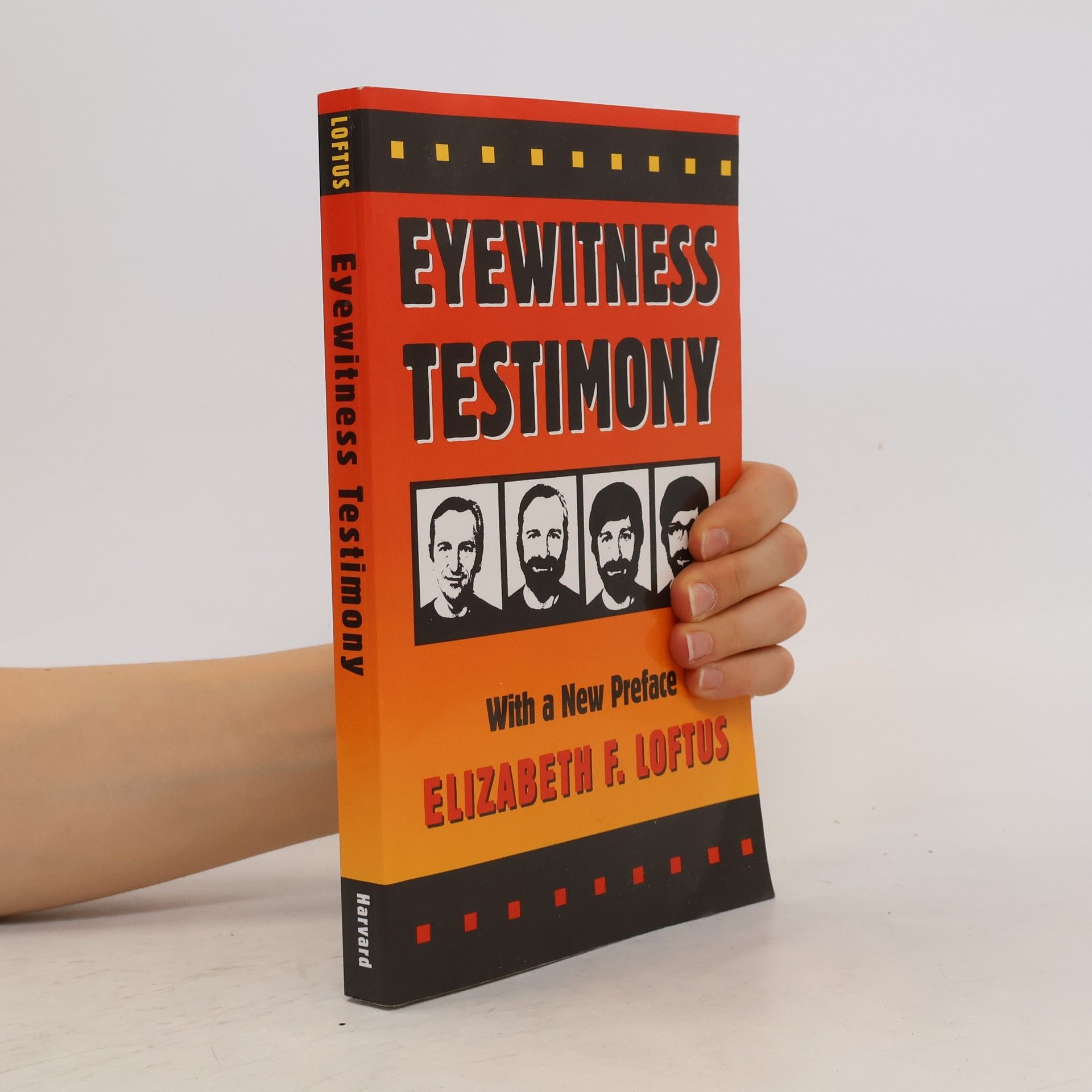Every year hundreds of defendants are convicted on little more than the say-so of a fellow citizen. Although psychologists have suspected for decades that an eyewitness can be highly unreliable, new evidence leaves no doubt that juries vastly overestimate the credibility of eyewitness accounts. It is a problem that the courts have yet to solve or face squarely. In Eyewitness Testimony, Elizabeth Loftus makes the psychological case against the eyewitness. Beginning with the basics of eyewitness fallibility, such as poor viewing conditions, brief exposure, and stress, Loftus moves to more subtle factors, such as expectations, biases, and personal stereotypes, all of which can intervene to create erroneous reports. Loftus also shows that eyewitness memory is chronically inaccurate in surprising ways. An ingenious series of experiments reveals that memory can be radically altered by the way an eyewitness is questioned after the fact. New memories can be implanted and old ones unconsciously altered under interrogation. These results have important implications for court reform, police interrogation methods, defense strategy, and many other aspects of criminal and civil procedure. Eyewitness Testimony is a powerful book that should be required reading for trial lawyers, social psychologists, and anyone who considers the chilling prospect of confronting an eyewitness accusation in a court of law.
Elizabeth F. Loftus Boeken
Elizabeth F. Loftus is een gerenommeerde cognitief psycholoog, gevierd om haar baanbrekende onderzoek naar de feilbaarheid en de reconstructieve aard van het menselijk geheugen. Haar werk verkent diepgaand hoe herinneringen kunnen worden veranderd, geïmplanteerd en verre van perfecte opnamen van gebeurtenissen uit het verleden zijn. Loftus heeft aanzienlijke inspanningen geleverd om deze complexe wetenschappelijke bevindingen te vertalen naar praktische toepassingen, met name binnen het juridische systeem, waar haar inzichten talrijke zaken hebben beïnvloed. Haar onderzoek heeft haar gevestigd als een sleutelfiguur in het begrijpen van de nuances van het geheugen en de impact ervan op onze perceptie van de werkelijkheid.


A long awaited revision Psychology 5/e continues to be a sophisticated, no-nonsense, research-oriented text that features critical thinking through "In-Depth" analysis of research studies. Briefer than the more encyclopedic texts, it is also selective in its coverage and focuses on cutting-edge cognitive and neuroscience research. Considered by many to be the gold standard of psychology textbooks, the new edition of Wortman & Loftus with new co-author Charles Weaver returns the text to its familiar place as an accessible and thorough introduction to the discipline, deeply committed to the scientific approach to psychology. The new edition incorporates a discussion of four key themes in psychology that act as a means of pulling together information from the various subfields and presenting a "Big Picture" of psychology.